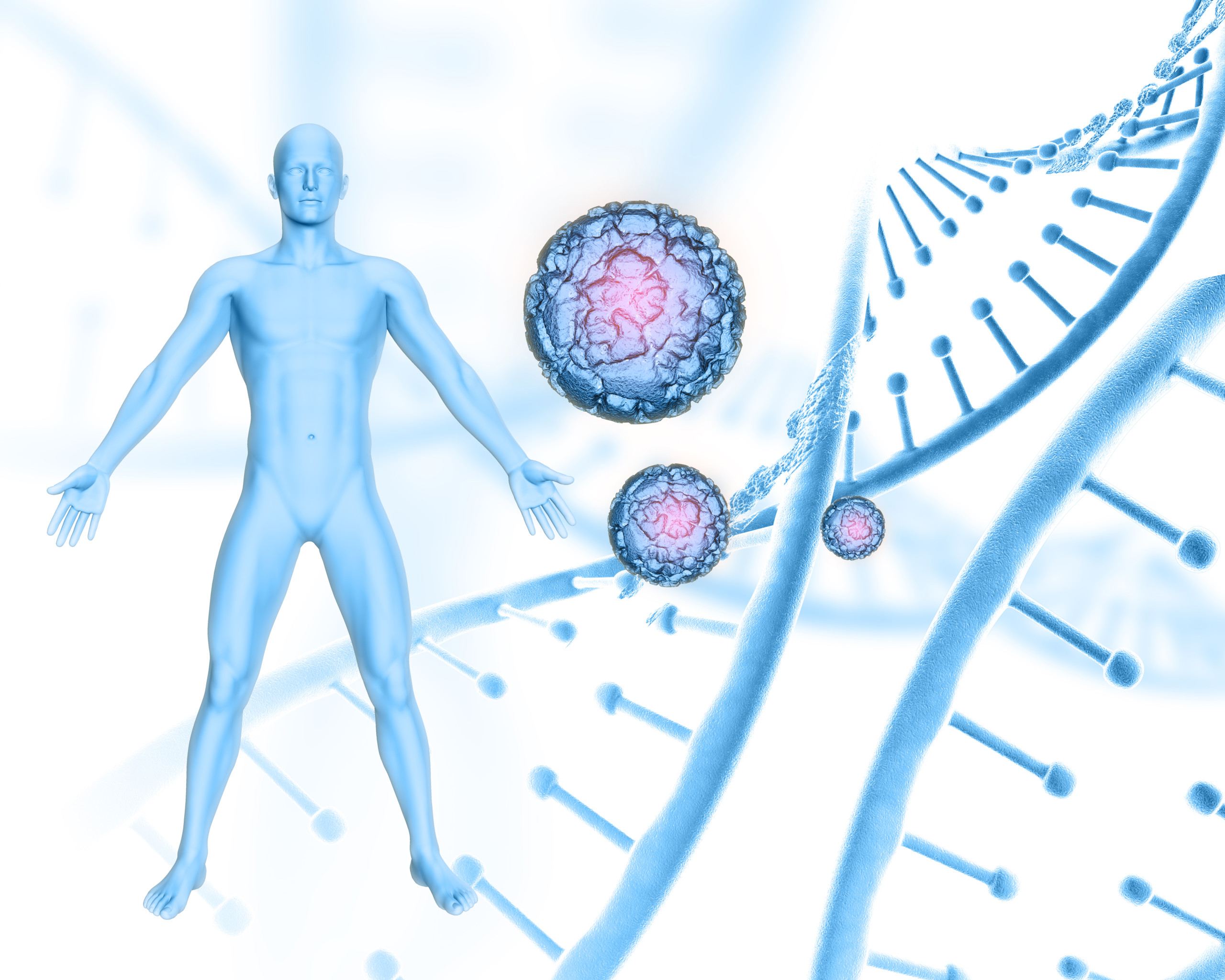Regenerative medicine is a cutting-edge field that offers promising avenues for helping to address a wide range of health concerns, from acute injuries to chronic problems, and much more.
However, there is still some confusion surrounding regenerative approaches that require clarification. If you are curious to learn more about the field of regenerative medicine and the potential of stem cell activation, keep reading to learn more about five things we think you should know!
Get to Know More About Regenerative Medicine
1. Regenerative Approaches Are Effective in Addressing Spot Injuries
When it comes to localized injuries like joint or muscle strains, regenerative approaches may offer targeted helpful benefits. Instead of traditional therapies that merely manage symptoms, cell-targeted alternatives and other regenerative options aim to enhance the body’s natural healing processes.
Techniques such as stem cell activation and the use of stem cell derived exosomes, administered by stem cell experts, are employed to help stimulate tissue repair and support natural regeneration at the site of injury. These options focus on supporting the body’s innate ability to heal which can lead to faster recovery times and improved outcomes.
2. Regenerative Medicine May Help You Live Beyond Your Life Expectancy
Beyond addressing immediate injuries, regenerative approaches are increasingly recognized for their potential to enhance overall health and longevity. By promoting cellular health and resilience, regenerative medicine modalities can help address underlying factors associated with aging and age-related diseases.
3. Not All Stem Cells Need to Come From Your Own Body
A notable aspect of regenerative medicine is its use of various stem cell sources beyond those derived from the one’s own body. A highly-effective stem cell source includes ethically-sourced perinatal stem cells that come from donors, and are processed and tested by FDA-certified labs. Unlike stem cells that come from sources like your own bone marrow or fatty tissue, these perinatal stem cells can provide superior regenerative capabilities, ideal for stem cell activation.
4. Stem Cell Activation May Help Address Chronic Degenerative Age-Related Issues
Chronic problems associated with aging, such as arthritis, dementia, etc., can significantly impact quality of life. Regenerative medicine offers innovative benefits through stem cell activation techniques. By fostering a healthier cellular environment, stem cell activation aims to help your cells slow down disease progression and work towards alleviating symptoms, potentially offering long-term relief from degenerative, age-related problems.
5. Regenerative Medicine Can Help You Biohack Your Way to a Healthier Life
Biohacking, a growing trend in health optimization, intersects with regenerative medicine by leveraging scientific advancements to enhance physical and mental performance. Through personalized regenerative approaches and biohacking strategies, individuals can optimize their cellular and biochemical environments.
This holistic approach includes lifestyle modifications, nutritional interventions, health technologies, and advanced cell-based alternatives and other regenerative options tailored to individual health goals and desires.
Contact Stem Cells Expert Dr. Jeff Gross
If you are interested in learning more about the fascinating field of regenerative medicine and how stem cell activation can potentially change your life, contact us today! Our stem cell expert Dr. Jeff Gross is here to provide you with valuable insights into the transformative possibilities of regenerative approaches!.

